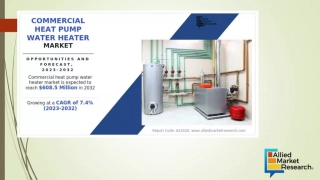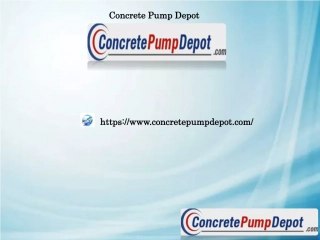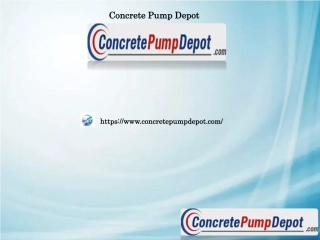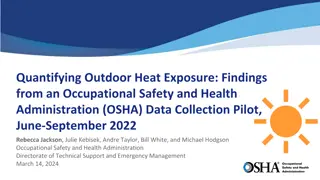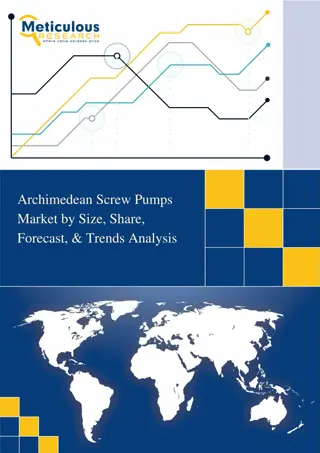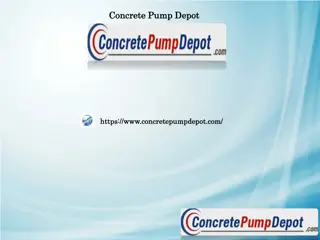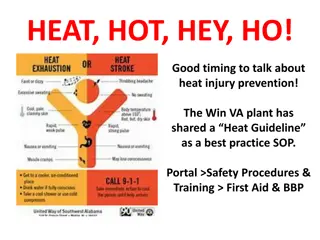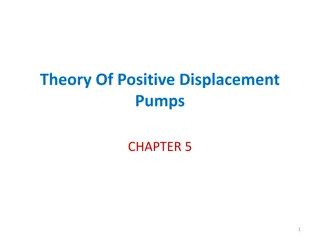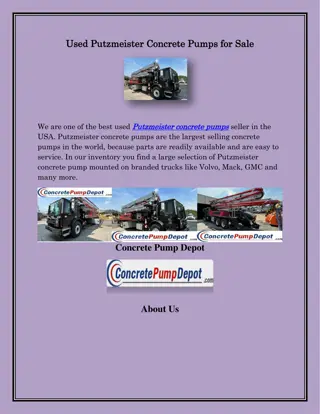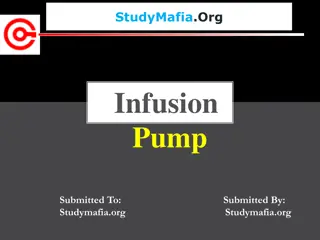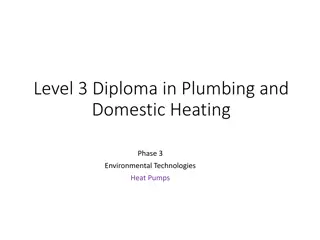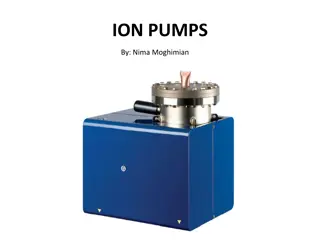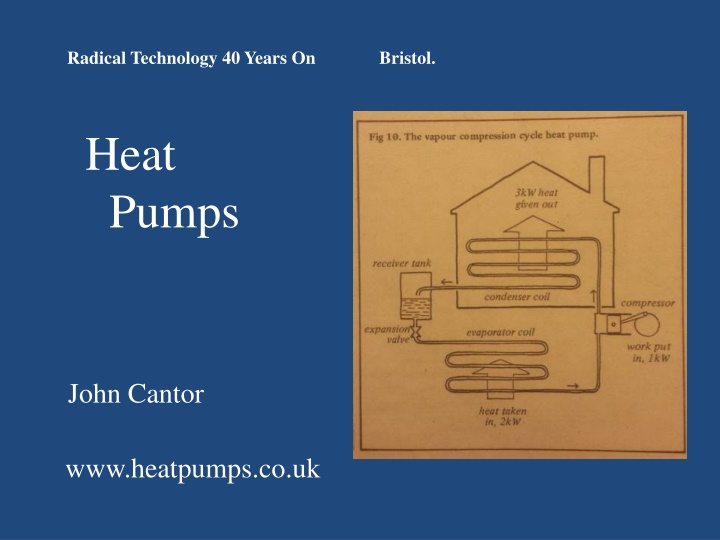
40 Years of Radical Technology: Heat Pumps in Bristol
The evolution of heat pump technology over four decades, from a demo at the 1979 Comtec festival to the best efficiency practices today. Learn about CO2 comparisons, energy efficiency, and the challenges and benefits of heat pumps compared to traditional heating systems.
Download Presentation

Please find below an Image/Link to download the presentation.
The content on the website is provided AS IS for your information and personal use only. It may not be sold, licensed, or shared on other websites without obtaining consent from the author. If you encounter any issues during the download, it is possible that the publisher has removed the file from their server.
You are allowed to download the files provided on this website for personal or commercial use, subject to the condition that they are used lawfully. All files are the property of their respective owners.
The content on the website is provided AS IS for your information and personal use only. It may not be sold, licensed, or shared on other websites without obtaining consent from the author.
E N D
Presentation Transcript
Radical Technology 40 Years On Bristol. Heat Pumps John Cantor www.heatpumps.co.uk
1979 Comtec festival Milton Keynes. A cycle-powered demo of the heat pump principle.
Operating the system at its best efficiency Energy efficiency v Output temperature COP Degrees C
Power input of 5kW Ecodan ASHP 1 years data Average input 15 kWh/day BUT significant wood burnt DHW heated by gas Heating back-up by gas Total gas 20,000 kWh
John Cantor www.heatpumps.co.uk https://openenergymonitor.org/emon/ https://heatpumpmonitor.org/ http://johncantorheatpumps.blogspot.co.uk/ Author Heat Pumps for the Home (Gavin Harper) (Crowood press)
Available equipment Sales hype!! On a Hot Day Our Heat Pump can produce the equivalent of a Solar Panel running for 24 Hours in just 12 minutes. Can deliver COPs over 5 so for every 1 KW paid for the unit can produce up to 4 KW Free If you have a desire to use sustainable renewable energy and you are looking at the options available then Heat Pumps should be your first consideration.
Why haven't we all got them? Difficult technology to utilise When you most need the heat, they are at their least efficient They require a high-grade power input (electricity)
Do they work?? Well established technology based on refrigeration principle Basic operation not changed in 40 years Yes they work, but are not always appropriate They are NOT free to run require energy input Their efficiency and effectiveness can vary greatly
What is Monitoring Collect operational data Operating temperatures Power consumption Heat output Display on a website
1) Electrical power input Pulse measurement CT clamps With Voltage sensing
3) Heat output Heat Meters Water (glycol) flow rate & temperature difference Sontex Kamstrup

